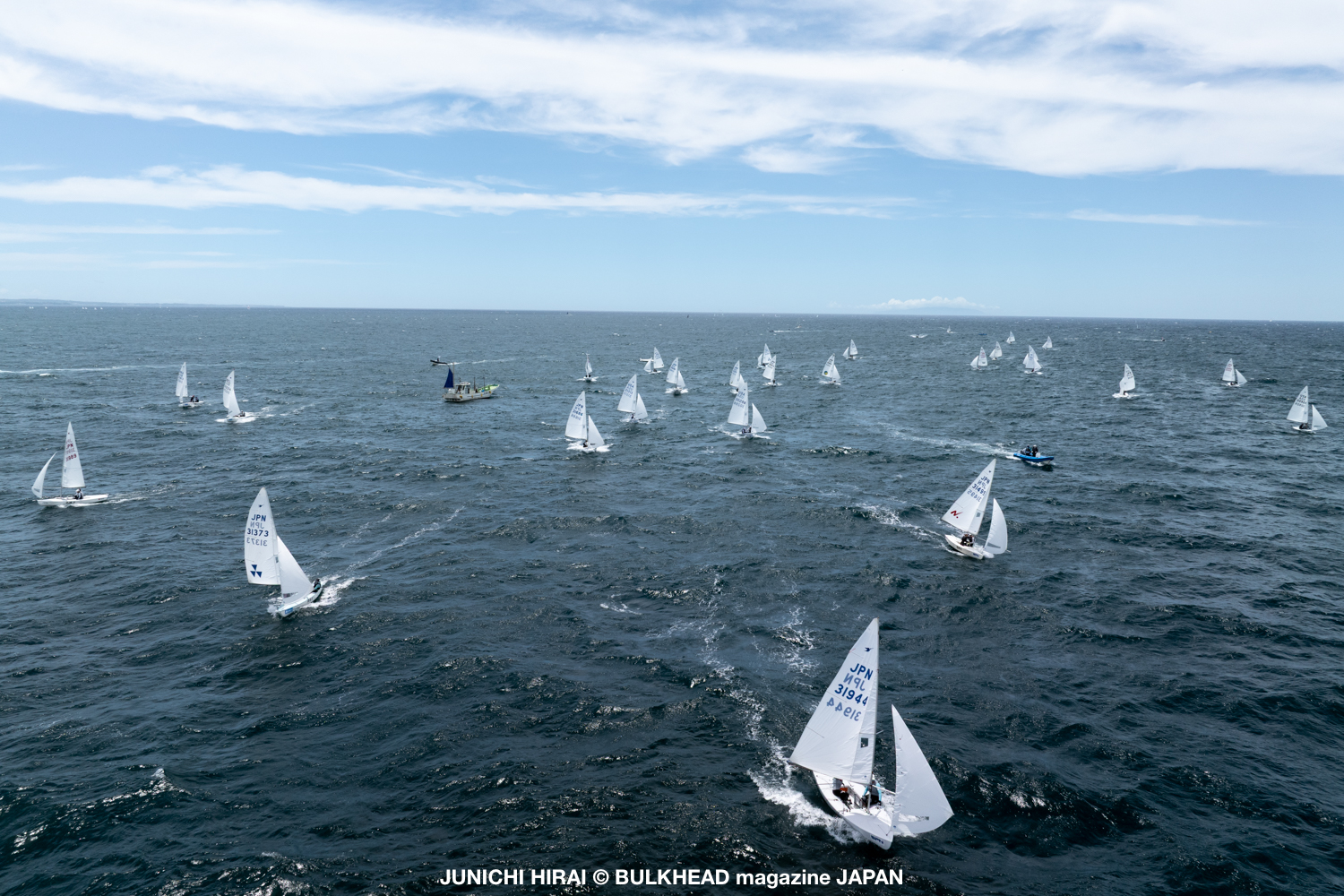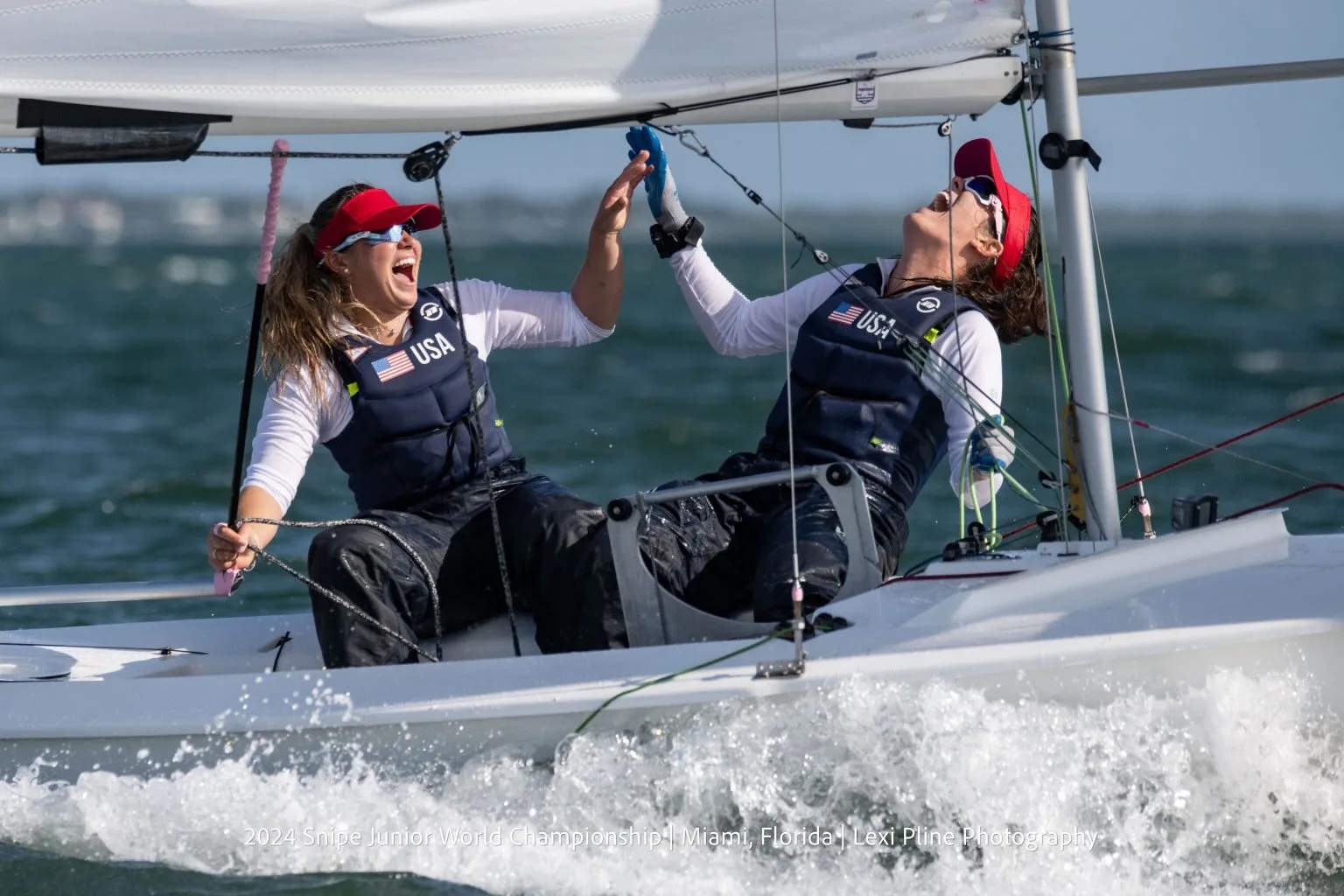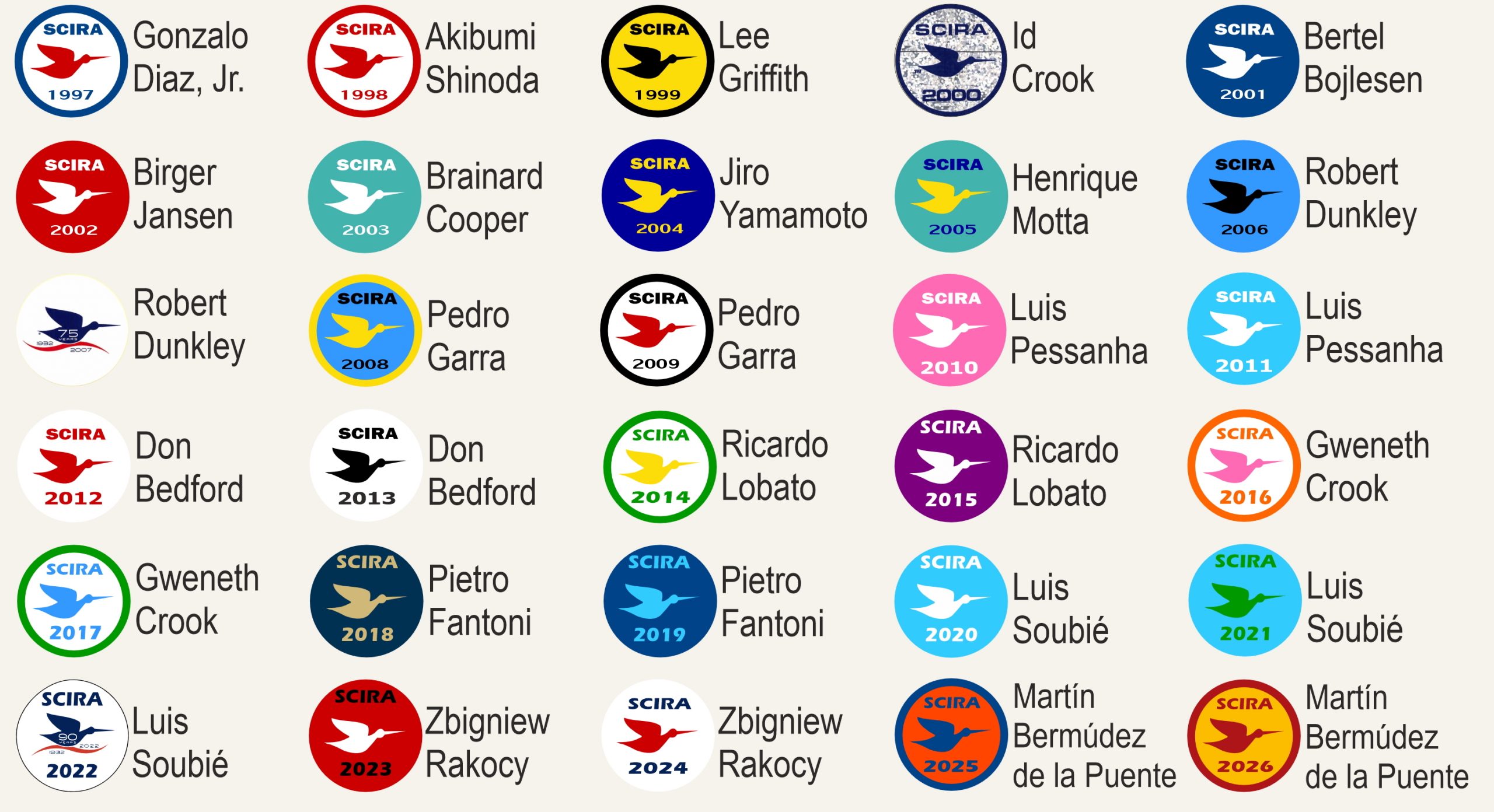Rules Compliance or Iconoclastic Fury?
This is a deliberately provocative article, because provocation often leads to reflection.

This is a deliberately provocative article, because provocation often leads to reflection.
Today, March 1st, is the deadline for submitting Rule Change Proposals. In recent years, we have seen an uncontrolled proliferation of new proposals (24 in 2024).
But the question is: do all these rules make sense, if in some cases some of them are systematically and deliberately ignored or, to be optimistic, ignored because they are not known? Should we burn books with rules we don’t like?
In the past, in this article, I wrote:
Compliance with Class Rules is critical to ensure that a Class does not lose credibility. If class rules are not respected and they are not enforced, there can be an escalation of fraud (more and more people cheat), and also a disenchantment among those who respect the rules and no longer appreciate this game without rules.
For the rules to be respected, the rules must be well written in a clear and precise manner.
But this is often not enough. It is necessary that they are actually effectively respected. If the rule is not respected and eventually becomes ineffective, it loses its function and the structure of the Class is altered. This can create deep tensions among the members.
What makes Class rules effective is the way in which people feel it runs with their interests and not against them.
Now let’s assume that the rules are written correctly, we must distinguish some fundamental rules that, if they were not respected, would change our game … and Snipe would no longer be Snipe (for example, taking it to extremes, if you use a gennaker for sailing downwind).
Then there are less important rules, or considered less important.
But even if less important, these are rules, they should be respected. Rules are rules … is the ritual phrase.
However, we have seen and still see some rules, evidently considered less important or non-essential, that are regularly not respected.
Some examples of idiosyncrasy for rules?
- Electronic Devices
According to C.5.1 (Portable equipment) the only electronic devices allowed are: electronic timing devices and multi function electronic compasses with steering and time function only.
Watches such as Garmin or Suunto (with GPS functions) are not allowed. And of course also very advanced electronic devices like Velocitek, Vakaros, Sailmon, Novasail.
BUT, for the next Bacardi Invitational in Miami, the N.o.R. states.


It will certainly be interesting to test the Vakaros.
(read also: https://snipetonight.org/2024/12/02/clear-start-but-the-reality-is-often-different/ )
However, right now, this is clearly against the Class Rules. Are Class Rules C.5.1 considered outdated, useless, a hindrance? Can it be ignored, as if it did not exist?
Was there an exemption to this rule authorized by the Board? I don’t think so.
Let’s not forget the RRS 87.

UPDATES: MARCH 6, 2025: Electronic Device Allowed for a Test at the Bacardi Invitational
- Number of race per day
Another case of frequent “anarchy” is non-compliance with the Rules of Conduct for Conducting National or International Championship Regattas 4 and 4.1.

How many National Championships have we seen with a racing schedule of more than two races per day? So many.
Why? Is this a ridiculous rule that should be ignored? If at a Senior World Championship (with races lasting about 60-75 minutes for the first boat), where the teams are very fit, this rule is respected, why not do it at a National Championship?
Is the race area too small (a small lake), so you cannot sail the standard long courses? Perfect! There is a preamble in the R.o.C., that fits for your case and you can and shall follow:

… and again don’t forget RRS 87.
You can have an exemption but you should follow the rules.
- SCIRA membership and sanctioned regattas
This is another topic, which involves an even more embarrassing question: does common sense consider SCIRA useless and the annual fees a tax required by the Sheriff of Nottingham?
Coming back to the provocative question: Should we burn rules we don’t like?
Of course not. First the rules must be studied and then followed. In some cases, some exceptions can be authorized.
However, even those who write and approve a specific rule must ask themselves some questions.
Is this rule written in the interest and for the benefit of sailors or for a specific category of sailors (for instance juniors, masters, women, local fleets, top sailors, beginners)? Is this rule simple and easy to understand? Is this rule easy to enforce?
And, more generally, looking at the whole corpus iuris, are there too many rules? Are the sailors and the regatta organizers able to know all these rules and follow them? Is it really necessary to impose stringent rules also for national or local regattas or is it appropriate to think about a large devolution?
Note: The “Exchange of Views and Reading” section of this website hosts the views of the Snipe Sailors.
This article represents a personal opinion, which may not coincide with the official opinion or view of the Class or other sailors. We deem it useful to discuss (naturally avoiding offensive content) various topics relating to our Class, to allow for an open and democratic discussion, as has always been the case on SnipeToday for more than a decade.
Dear readers, if you want to reply to this article, agreeing, or disagreeing, or proposing different solutions, I will be happy to host you in this section of the site (email to: [email protected])
Comments for this post are closed









0 comments